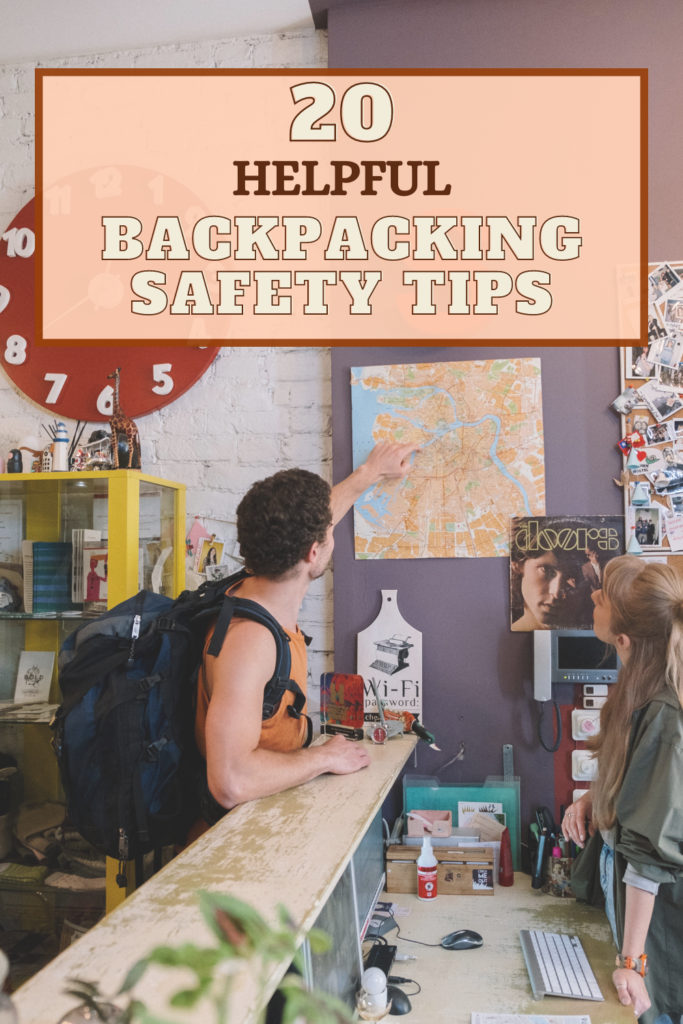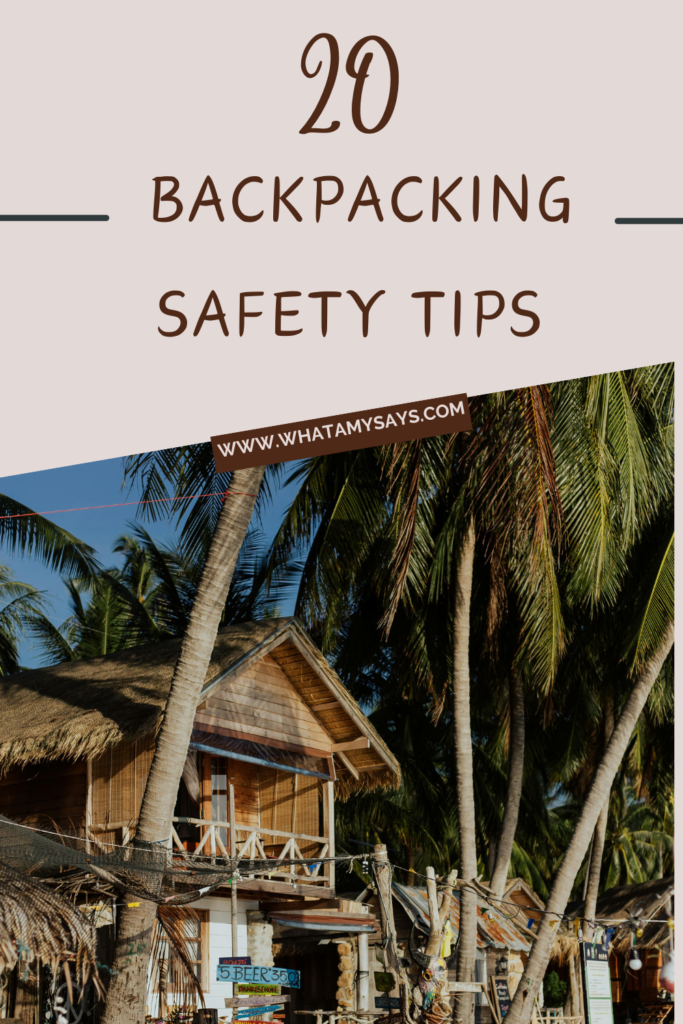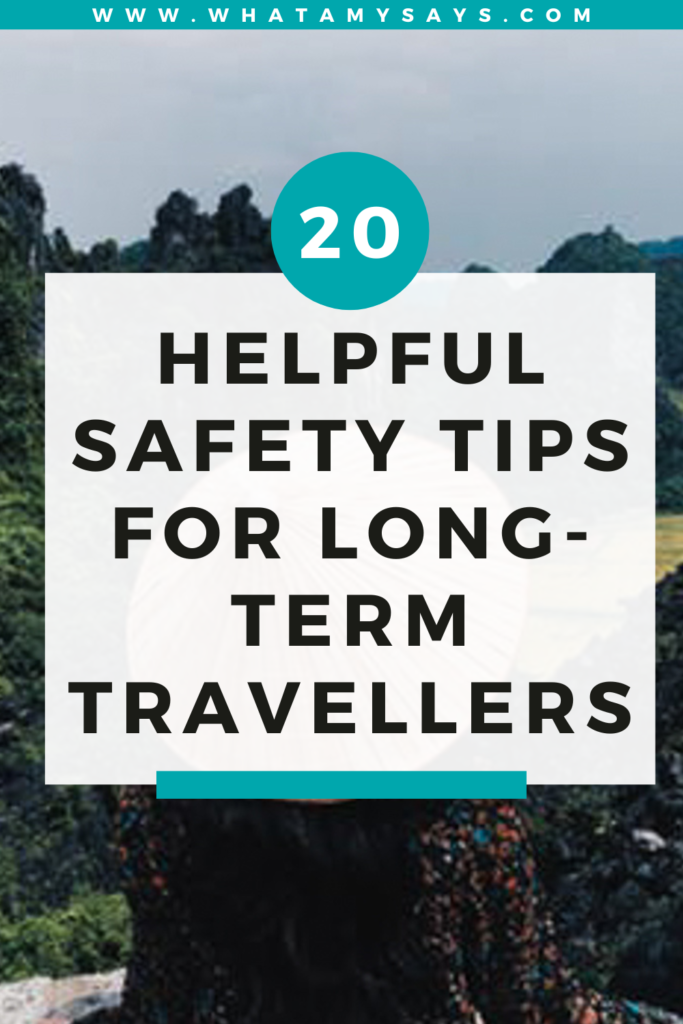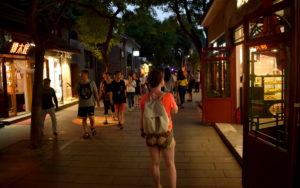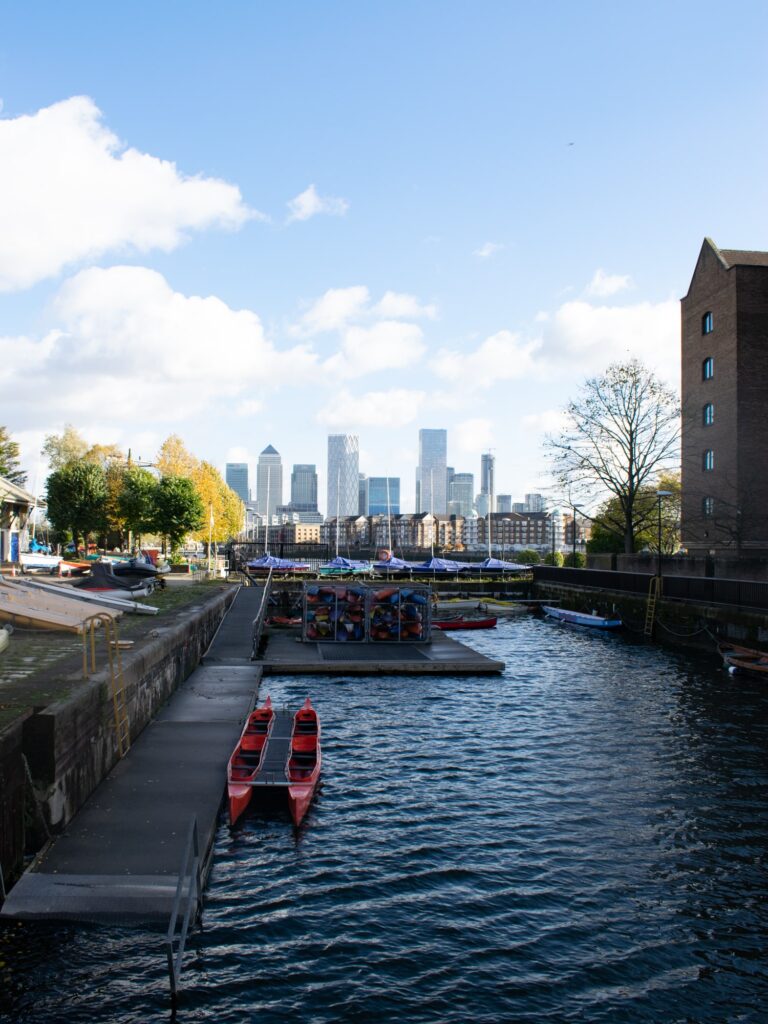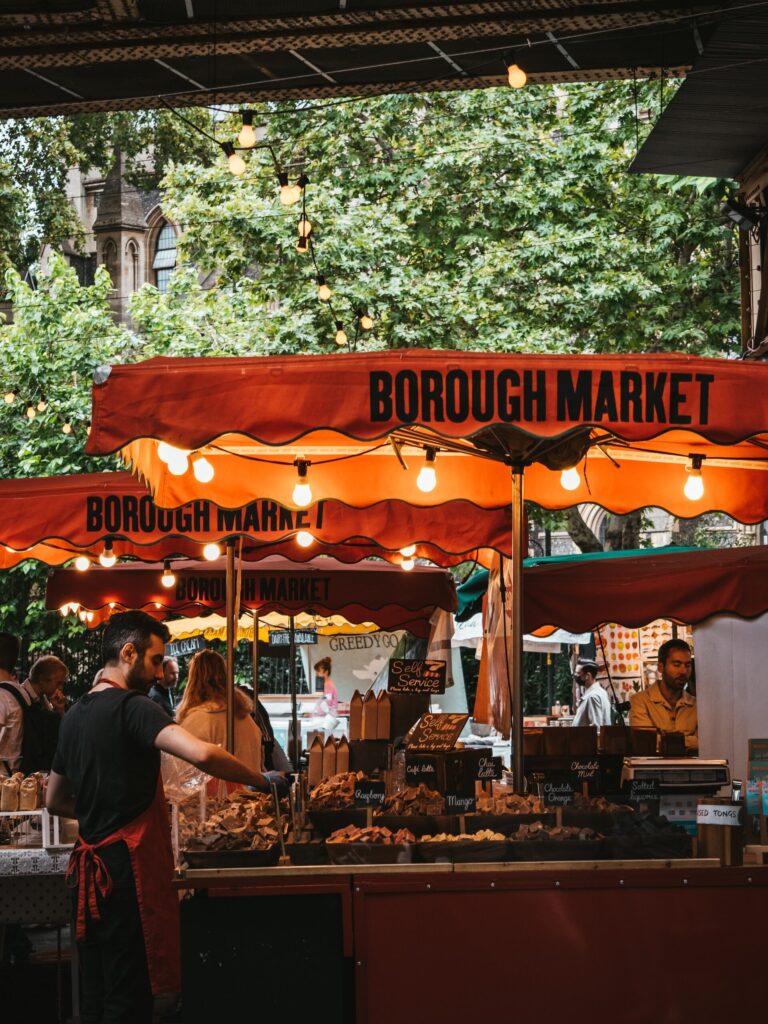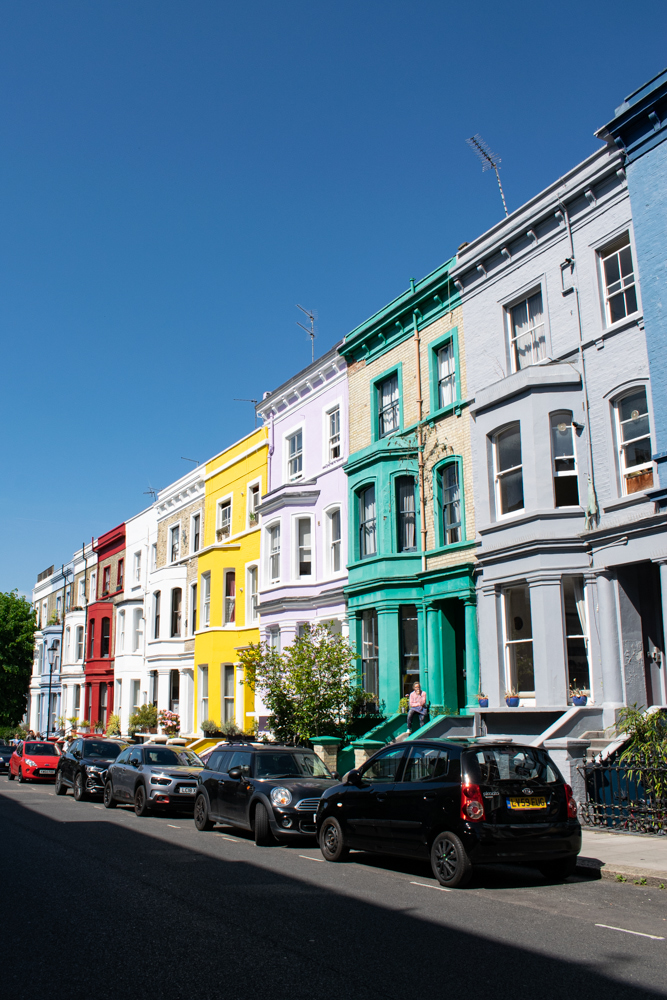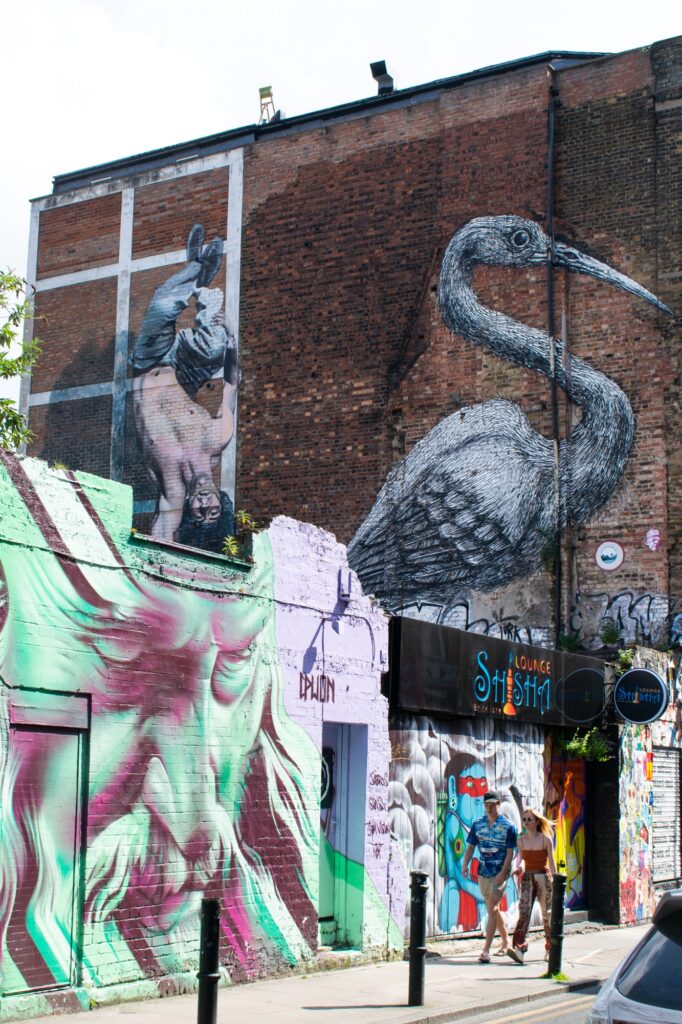Last Updated 10/02/2024 | 10th February, 2024
Planning a long-term backpacking trip can often invoke a mix of excitement and apprehension.
The next few weeks or months will be filled with adventure and new experiences, but of course, new cities and countries bring about their own safety concerns.
Thank goodness, I’ve never had any serious issues while abroad – but unfortunately, this is not always the case.
Here are 20 backpacking safety tips to help you have the safest and most fun trip possible.
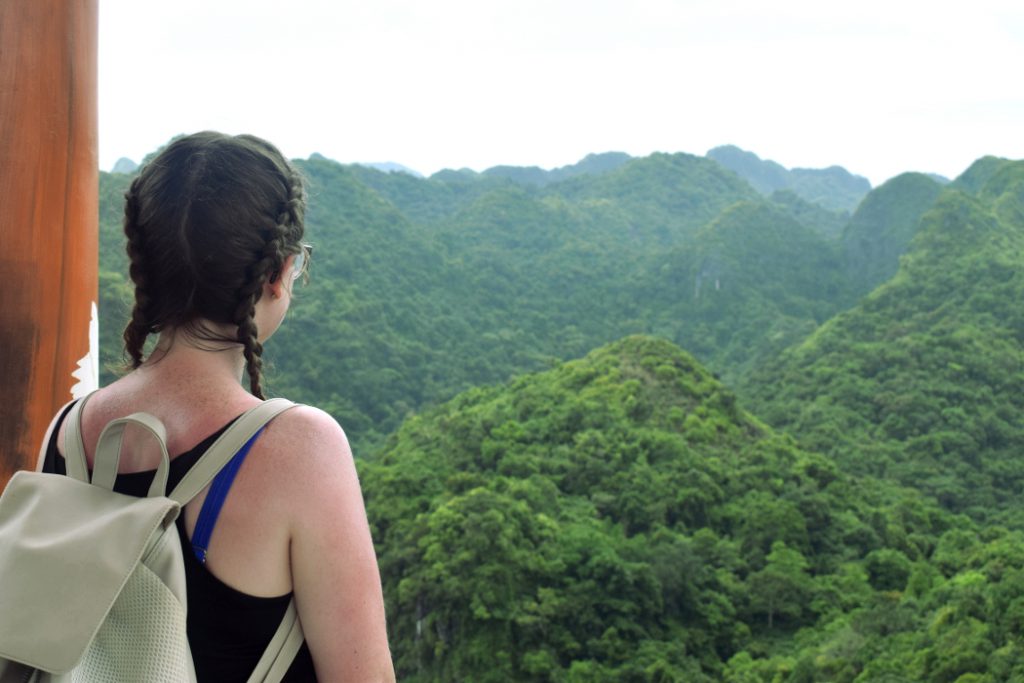
Things to Do Before You Leave
Planning a trip is so much fun! There is so much cool stuff to organise including, where you will stay, and what activities you will embark on.
But there are also a lot of (dare I say it) boring admin elements that also need to be ironed out. Having these in place before you embark on your big trip will help massively.
Buy Comprehensive Insurance
The importance of travel insurance simply cannot be overstated. Whilst I’ve never been unfortunate enough to need to use my travel insurance (touch wood!), I would never travel overseas without it.
Yes, travel insurance is extremely expensive. In fact, it was my second most significant expense when preparing for my huge trip around Central and South America. However, it is worth its weight in gold.
Ensure that your coverage is comprehensive, with a substantial limit for medical expenses. I saw no end of bike accidents in Bali and Thailand, and I cannot begin to imagine how much more stressful these would have been if the individuals didn’t have adequate coverage.
Slim Down Your Possessions
This one might not relate to your physical safety when backpacking (well, maybe your poor back and shoulders!) but more so to your possessions.
I am ashamed to admit that on my first backpacking trip around eastern Asia, I packed 14 bikinis. Maybe it’s also worth mentioning that I was in Mainland China for the first five weeks – nowhere near the coast!
You will lose things (phone chargers and hoodies are usually the first to be misplaced), but hanging onto additional possessions that you don’t need will only increase the chances of this happening.
Invest in A Good Backpack
Following on from above, investing in a great backpack will enable you to keep all your items in order.
I also recommend using packing cubes within your backpack. This helps keep your things in order and reduces the risk of losing your possessions along the way.
I’ve found that compression packing cubes work best. Although they are a little more time-consuming and fiddly to pack, they save a tremendous amount of space in your bag.
Pack A First Aid Kit
Don’t worry; I’m not suggesting you take one of those large bulky boxes that used to be pulled out in primary school.
But, a small bag with some essentials will go a long way. Consider the following:
💉Tweezers
💊Plasters/Band-Aids
🩹Paracetamol & Ibuprofen
💉Antibacterial Cream
💊Condoms
🩹Travel Sickness Tablets
💉Antihistamines
💊Bite balm
Check Your Bank Cards
First, you should check that none of your bank cards will expire when you are away. If you’re using a traditional bank, contacting them may be worthwhile to let them know you will be withdrawing cash overseas.
I recommend opening accounts with some digital banks such as Revolut, Monzo, Starling, & Chase. Most allow you to withdraw a certain amount each month without incurring any fees.
I also recommend taking multiple bank cards. I landed in Hong Kong late at night with only one bank card, and guess what? It didn’t work!
Also, I heard many tales of bank cards swallowing cards, which would be an absolute disaster if you only had one card.
Arrange an E-SIM
There is nothing more frustrating than landing in a new country and not knowing how to get to your hostel or hotel.
If you arrange an E-SIM, you will have access to data from the moment you land, meaning you can find your way around and contact your loved ones to let them know you have landed safely.
Photocopy Your Passport
Having a copy of your passport is one of the most important backpacking safety tips. It seems a little overkill until the day comes when you need it.
Make a scan of your passport and save it on your email or Google Drive.
If your passport is lost, you must go to your country’s embassy to get a new one. Having a copy of your documents will help massively with this arduous process.
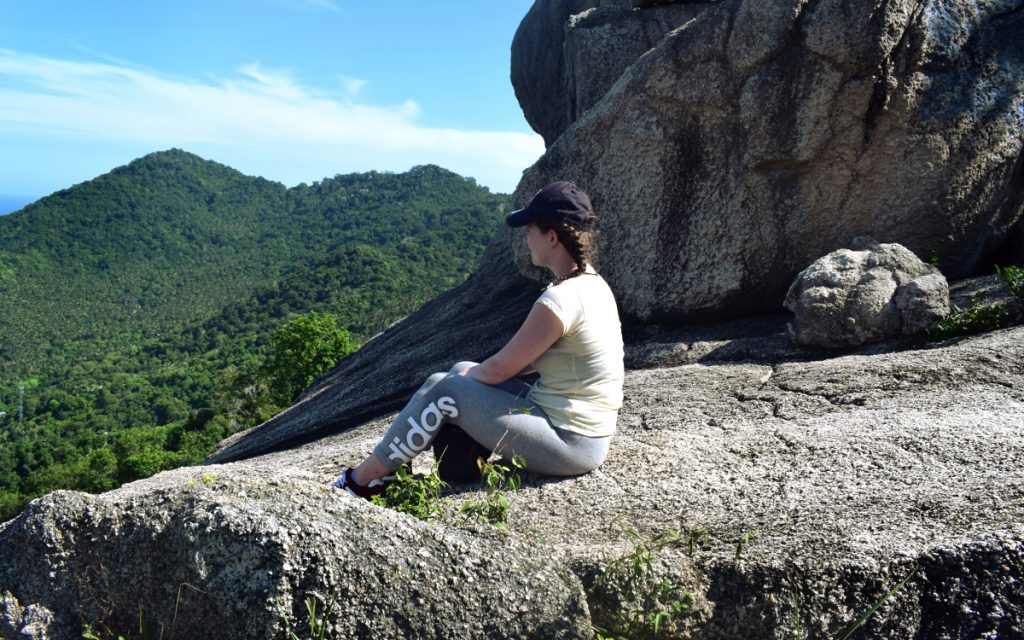
Hostel Safety Tips
Hostels are fantastic places. You get to meet people from all over the world and have wonderful experiences.
However, you should follow a few general rules to help you have the most safe hostel experience.
If it’s your first time staying in a hostel, I have this complete guide packed with tips and tricks.
Bring a Padlock
Most hostels have lockers where you can keep your possessions. However, sometimes, these do not lock securely. Therefore, bring your own padlock for peace of mind, meaning you know that your valuables are always safe.
Be Wary
Whilst most people you will meet in hostels are fantastic. Unfortunately, some are not.
I think it’s best to keep your guard up at first and not give away too much personal information. If the vibe doesn’t feel right, then it’s probably not.
Get Involved!
Quite the contrary to the point above, get involved with hostel activities!
One of the best backpacking safety tips is to stay in a group. Getting involved offers an excellent opportunity for fun while keeping you safe.
Know Your Limits
Drinking is a huge part of backpacker culture, and there is nothing wrong with that!
However, if you’re in a foreign country (especially alone), you should always know your limits.
Driving Abroad – Backpacking Safety
Driving abroad can open a whole new world of possibilities. You might rent a car in Europe, rent a moped in Vietnam, or drive a van across Australia.
Do You Really Need to Drive?
Firstly, consider if you really need to hire a vehicle.
In some countries, renting a car will become almost unavoidable (I’m looking at the US, Canada, Australia, and New Zealand!), but in many places, public transport is excellent.
Driving in a foreign country means contending with different rules, regulations, and customs. You may also be driving on a side of the road you are unfamiliar with.
I’ve seen so many inexperienced tourists driving in places such as Vietnam and Thailand, causing chaos and putting themselves in danger. If you’re untrained and nervous, consider hiring a driver, saving yourself a lot of stress.
Carry Your International Driving Licence
Many countries require drivers to have an international driving license and a licence from their home country.
If you’re from the UK, these are very easy to arrange. Simply pop into your local post office with a passport photo, fill in the relevant forms, and hand over the £5.50.
If you don’t have the required international driving licence and the police stop you, you will be fined.
Rent From A Reputable Place
Renting a car or motorbike (especially for the first time in a foreign country) can be overwhelming and intimidating. Therefore, you must always choose a company with excellent reviews and reputations.
Difficulties will present themselves if renting in countries where you don’t speak the language. However, you must check over the vehicle before driving off.
In Thailand, I rented a moped that clearly wasn’t fit for purpose and returned it within five minutes. It’s not worth risking it!
I noticed that in Southeast Asia, it is very common for bike rentals to request to hold your passport as a deposit.
I would never recommend this.
You can usually leave a higher cash deposit in place of your passport. Although it would be frustrating to lose the cash, no bike rental is worth losing your passport over.
General Backpacking Tips For Long-Term Travellers

Be Caution of Tap Water
Tap water is only drinkable in around 50 countries across the globe. You should always research and check whether the water is safe to drink (regardless of how hungover you are – trust me, I’ve been there!).
Ensure you also wash your produce with drinking water to reduce the risk of an upset stomach.
Check Vaccinations
Probably the most essential backpacking safety tip of them all – research what vaccinations you require.
If you’re from the UK, it’s worth checking what vaccinations are available on the NHS before going to a private clinic for the remaining. I have used both Superdrug and Boots services, which have been efficient and affordable.
Ensure you also check the specifics of the vaccinations you need – some require multiple doses, and others must be completed a certain number of days before flying.
Don’t Go Alone
Fear not; I’m not against solo travel!
But if you’re planning a remote hike or a trip to a chaotic city, take a buddy!
Whether that’s your lifelong best friend or a new acquaintance from a hostel, there is safety in numbers.
Trust Your Gut
Nine times out of ten, your intuition is correct.
So if a person, venue, area or hostel doesn’t feel right, then leave safely. Even if you end up loosing a little money in the process, you can’t put a price on your safety.
Learn Your Area
You don’t want to pull out your phone and study the map every two minutes, especially in the dark.
You should know the local area (how you’re getting home, where the closest shop is, etc).
Make Friends With The Locals
The best part of travelling is speaking with people from the area. You will feel a deeper connection to the area and gain a better understanding of its culture and traditions.
Getting to know the local community will also be a haven for recommendations! You will undoubtedly get to see some local gems and visit some incredible restaurants.
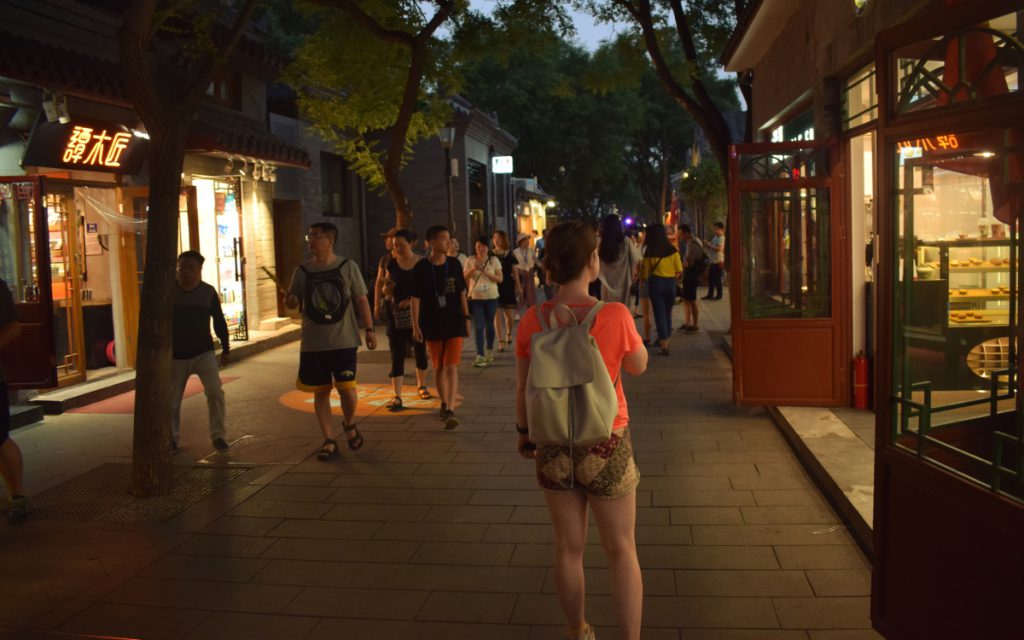
MORE TRAVEL TIPS:
Top Tips For Staying in Hostels (Perfect For Your First Time)
How I Saved Enough Money For Long-Term Travel
PIN IT FOR LATER:
